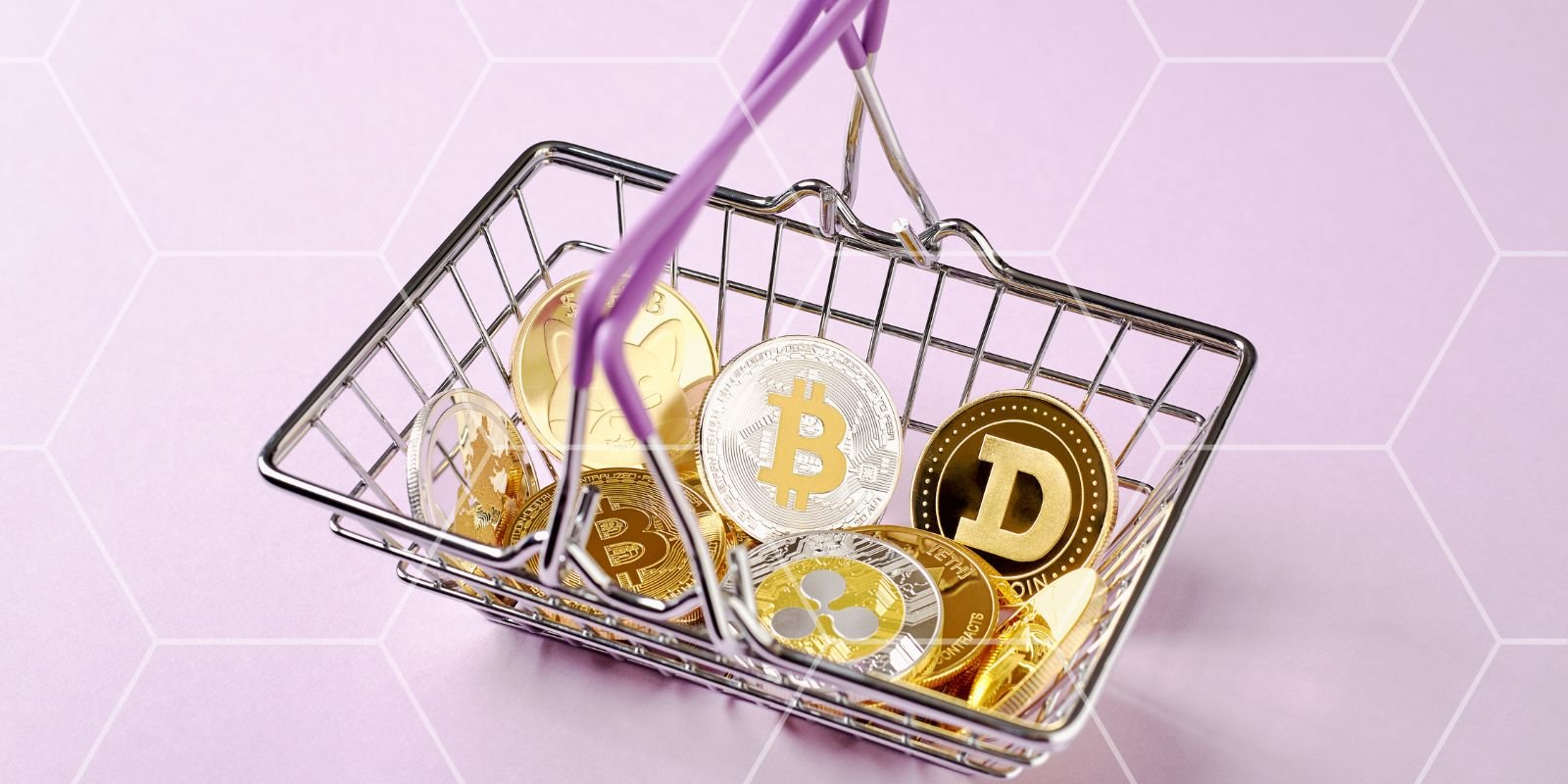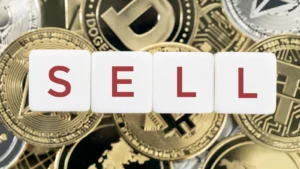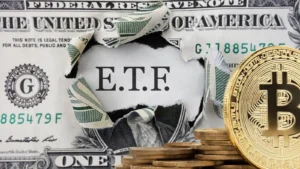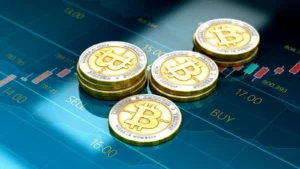Altcoins are cryptocurrencies that are based on the Bitcoin network. The term stems from the fact that it is an alternative to Bitcoin. You might have heard about bitcoin, the most famous cryptocurrency on the planet. But there are others, too—known as altcoins.
What are altcoins? Simply put, they’re cryptocurrencies that aren’t Bitcoin. Many of them try to improve on the original Bitcoin design, by tweaking features like transaction speed, the total number of coins, or the algorithm. Others are simply new ideas for a cryptocurrency. There are hundreds of altcoins out there, and more are being created all the time. So how do you know which ones are worth your time? And more importantly, which ones are worth your money?
Bitcoin is the most famous cryptocurrency on the planet. But there are others, too—known as altcoins. What are altcoins? Simply put, they’re cryptocurrencies that aren’t Bitcoin. Many of them try to improve on the original Bitcoin design, by tweaking features like transaction speed, a total number of coins, or algorithm. Others are simply new ideas for a cryptocurrency. There are hundreds of altcoins out there, and more are being created all the time. So how do you know which ones are worth your time? And more importantly, which ones are worth your money? In this article, we’ll introduce you to the different types of altcoins and explain why they exist. We’ll also help you figure out which ones might be worth investing in.
What Are Altcoins?
What are altcoins? Altcoins are alternative cryptocurrencies to Bitcoin. Altcoin is an umbrella term that covers all different crypto coins and digital currencies other than Bitcoin (altcoins), there are about 800 altcoins in the market, and altcoin means the alternative coins to bitcoin. Not only does bitcoin have value, but altcoins are also valuable blockchain-based technologies that could change the world we know today, but they are also based on decentralized peer-to-peer networks, and anyone can help build them or participate financially in a new and growing cryptocurrency system. There are many different types of altcoins, and each one has a different purpose. Some altcoins are designed to be used as currency, while others are designed to be used as platforms for decentralized applications. The best way to think about altcoins is as the “Wild West” of the cryptocurrency world. Just like in the Old West, there’s a lot of lawlessness and chaos. This can be both good and bad, depending on your perspective. On the one hand, this freedom allows developers to experiment with new ideas and technologies. On the other hand, it can lead to scams and fraud. As with any investment, it’s important to do your research before buying into any altcoin.
How to Create Altcoins?
Altcoin (alternative coin) is the name given to cryptocurrencies launched after Bitcoin’s launch that employ their networks as opposed to Bitcoin’s network. Anyone can create an Altcoin. It’s easy to do. All you need is a new cryptocurrency, new clients, and a pool. After the network has been created anyone can mine that altcoin. It’s the same as Bitcoin except for some minor changes in the code. There are hundreds of Altcoins on the market that have failed over time because most cannot fulfill their promises or provide true alternatives to what Bitcoin already offers.
Types of Altcoins
There are many different types of altcoins, but some of the most popular ones include Litecoin and Ethereum.
Litecoin
It was created in 2011 by Charlie Lee as a lighter, faster alternative to Bitcoin. It has a higher maximum limit than Bitcoin mining, meaning that more Litecoins can be mined. Ultra-low transaction fees, 84 million total coins, every four minutes a superblock containing 50 coins is generated.
Ethereum
It was created in 2015 by Vitalik Buterin. It is a blockchain platform that allows for the creation of decentralized applications. Ethereum is different from Bitcoin, as it can be programmed to execute complex contracts, and thus it has become the world’s second most important digital currency.
Dogecoins
Dogecoin launched on Dec. 8, 2013. Compared to Litecoin and Bitcoin, it had a fast initial coin production schedule: 100 billion coins were in circulation by mid-2015, with an additional 5.256 billion coins every year thereafter. Compared to dogecoins, Litecoins are mined four times faster, and bitcoins are mined four times faster too.
Ripple
Ripple is an open-source, peer-to-peer payment protocol that provides a global currency, similar to Bitcoin. Unlike Bitcoin, which only supports “push” transactions from a payer to a payee, Ripple has developed “pull” transaction protocols as well. This lets any currency flow through the system, being traded for any other; so dollars could be traded for euros and then given to someone without an open bank account.
Bitcoin vs Altcoins
When it comes to buying cryptocurrencies most people are known to buy or sell Bitcoin in Dubai or regions of the world, but altcoins are very much there and making their place. Bitcoin was the first cryptocurrency to hit the market, and it is still the most popular and well-known. Altcoins are any other cryptocurrency that isn’t bitcoin. This includes Ethereum, Litecoin, Ripple, and many others. So why are altcoins important? Well, first of all, they offer a different option than bitcoin. Many people see Bitcoin as being too expensive or too slow when they decide to buy Bitcoin in Dubai or any other part of the world, so they turn to altcoins as an alternative. Bitcoin has some limitations and flaws that make it difficult to use as a currency or as a widely adopted payment network. The solutions inspired by Bitcoin have different features, levels of adoption, and trade values. Second, altcoins are often more innovative than Bitcoin. They are testing new ways of doing things and trying to solve problems that Bitcoin may not be able to solve. Finally, altcoins are important because they help to decentralize the cryptocurrency market. This means that there is more competition and innovation, which can only be good for the future of cryptocurrencies.
Pros and Cons of Investing in Altcoins
One of the most important things to consider when it comes to investing in altcoins is the pros and cons. On the upside, altcoins offer great potential for a payoff. As these coins are still relatively new, they tend to experience sharp rallies and drops in their price, which can make them quite profitable if you know what you’re doing. On the downside, investments in altcoins tend to be very volatile and unpredictable. Many of these coins have been created from Initial Coin Offerings (ICOs) revenue. And since many investors are speculating on their future values, prices can change quite quickly and unexpectedly. Furthermore, many altcoins have yet to prove themselves reliable investments over time. They often lack substance or a real use case—and some may even be scams that are out to take advantage of unsuspecting investors. It’s important you do research before investing in any cryptocurrency and make sure that it’s reputable and worth your money.
Advantages of Decentralized Currencies
Decentralization is one of the main advantages of altcoins. This means that the currency is not controlled by any one entity or company. Instead, it is usually powered by a decentralized network of computers, which use mathematical equations to process and verify financial transactions. This has several advantages. For example, no single user can manipulate prices or the supply of the currency; there’s no need for a government or central bank to regulate or control it, and it’s easier for people to transfer money quickly and securely without going through a bank. It also means that users remain anonymous when transacting with one another. Another example is Litecoin, a cryptocurrency that allows quick payments to anyone on the globe and that can be easily mined with common user hardware. It is an open-source, global network that is decentralized with no central authority controlling it. Litecoin features faster transaction confirmation times and improved storage performance than the leading Bitcoin. With necessary industrial support, trade volume, and liquidity, Litecoin can prove to be a great channel of commerce side by side with Bitcoin. Altcoins are also often cheaper than traditional forms of money transfer, such as wire transfers or credit card payments. And because they are largely unregulated and less volatile than fiat currencies like USD, EUR, and GBP, they can provide investors with an opportunity to diversify their portfolios and hedge against inflation.
Tips for Investing in Altcoins
As you can see, there’s no shortage of different altcoins available to invest in. But before you jump into the fray, here are some tips to keep in mind when investing in altcoins.
Research
First off, it’s best to do your research before investing in any asset. Dig into the whitepaper for specifics about the coin, read up on the team behind it and research its purpose. Pay attention to the market and any headlines that could affect your investment choices.
Diversity
It’s also key to diversify your portfolio—don’t put all your eggs in one basket and invest across different asset classes, or crypto categories—Bitcoin, Ethereum, stablecoins, etc. Doing so will reduce risks associated with market volatility and give you more potential for long-term gains.
Record
Finally, be sure only to invest what you can afford to lose and keep track of your investments diligently. Knowing when to sell is just as important as knowing when to buy.
Common Mistakes to Avoid With Altcoin Investing
Altcoin investing may seem like a great money-making venture, but there are some common pitfalls you’ll want to avoid. For starters, don’t listen to the hype. Just because someone has made money in the past investing in cryptocurrency does not mean that you will too. You should also watch out for Ponzi and pyramid schemes, which often try to use the hype around altcoins to slip under the radar. When it comes to altcoin investing, always choose trusted platforms and do your own research before making any investments. Another mistake you don’t want to make is jumping in without learning the basics of what you’re actually getting into. Do your due diligence and familiarize yourself with different types of altcoins, as well as how they’re valued and traded on different exchanges. Also, be aware of cryptocurrency taxes and regulations in your jurisdiction before investing in any virtual currency. When it comes to altcoins, there are a lot of different types of cryptocurrency out there, and it can be difficult to know where to start. However, by understanding the different types of altcoins and what they offer, you can make an informed decision about which ones are right for you.







